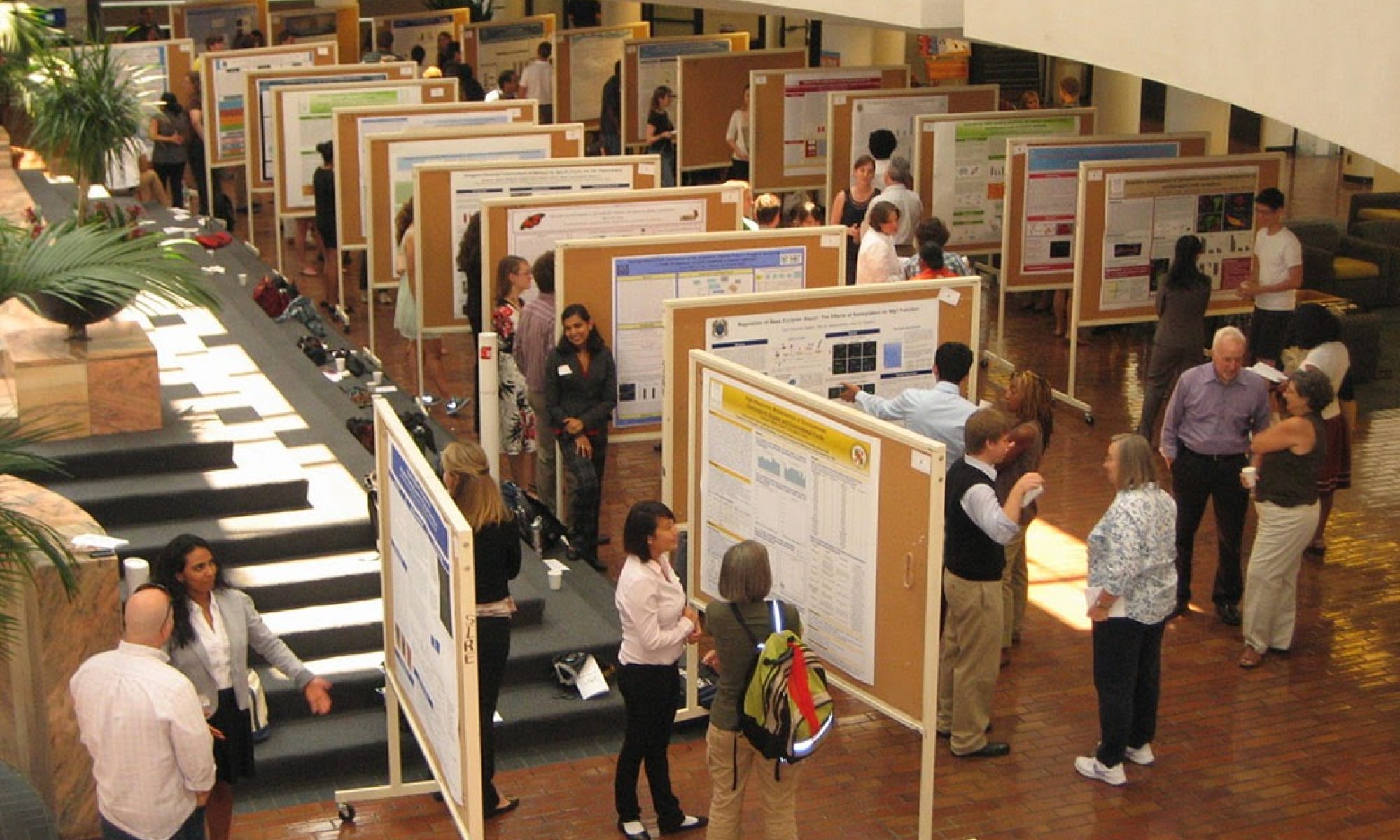Hello,
My research is about trying to evaluate whether the international community has made a difference in improving human rights status in countries that have grave human rights violations such as genocide, gratuitous killing, disappearance, and torture. Evidently, different regions have a different vulnerability to different violations. For example, American countries, with their ethnic diversity, is more prone to genocide; while Middle East countries are more vulnerable to torture and honor killing due to religious conservatism. Therefore, it would not be sufficient to look at various human rights enforcement mechanisms on a global scale. Rather, my study aim at discovering which mechanism is the most effective against which type of violation in what region.
There are several types of enforcement the international community (NGOs, IGOs, states, individuals, etc.) could utilize to induce state c compliance with various human rights treaties to which the perpetrator state is a member. The international community could “name and shame” a state for violating human rights, namely, calling them out and imposing a reputation cost to that country. The reputational cost can later translate into the loss of foreign aid, foreign direct investment, and/or partnership in certain cooperations. The international community could also punish the perpetrator state using economic means. This is called trade linkage. A country could put human rights clauses in a bilateral trade agreement or threaten to impose economic sanction should a state violates human rights, thereby incentivizing states to comply with human rights protection to which they have already agreed under the Universal Declaration of Human Rights (UDHR). In addition, under certain circumstances, states could even resort to military actions under the doctrine of the “responsibility to protect” (R2P) to stop ongoing violations. This is permissible due to the international consensus that a state which deliberately violates human rights is not considered a legitimate state. Military actions for humanitarian purposes are called humanitarian intervention which has been used to save the indigenous population for massive ethnic cleansing before.
The difficult part of my study is how to accurately measure the state’s sensibility to which type of enforcement and what are the factors that I need to control so that I would know what is the true variable that is constituting the observed effect. When doing the comparison, I make sure that I hold the following variables in the countries constant: the population, the ethnic diversity, the history of authoritarian rule, past conflicts, and the agriculture history. These measures will be collected and synthesized into what I call a “sensitivity index ”that would evaluate the country’s overall sensitivity to which type of enforcement for which violation.
Should I find anything statistically and meaningfully significant, my study will contribute to existing literature on state compliance with human rights treaties. Political scientists can use this information to better inform governments or human rights organizations to come up with more effective strategies to protect human rights.

